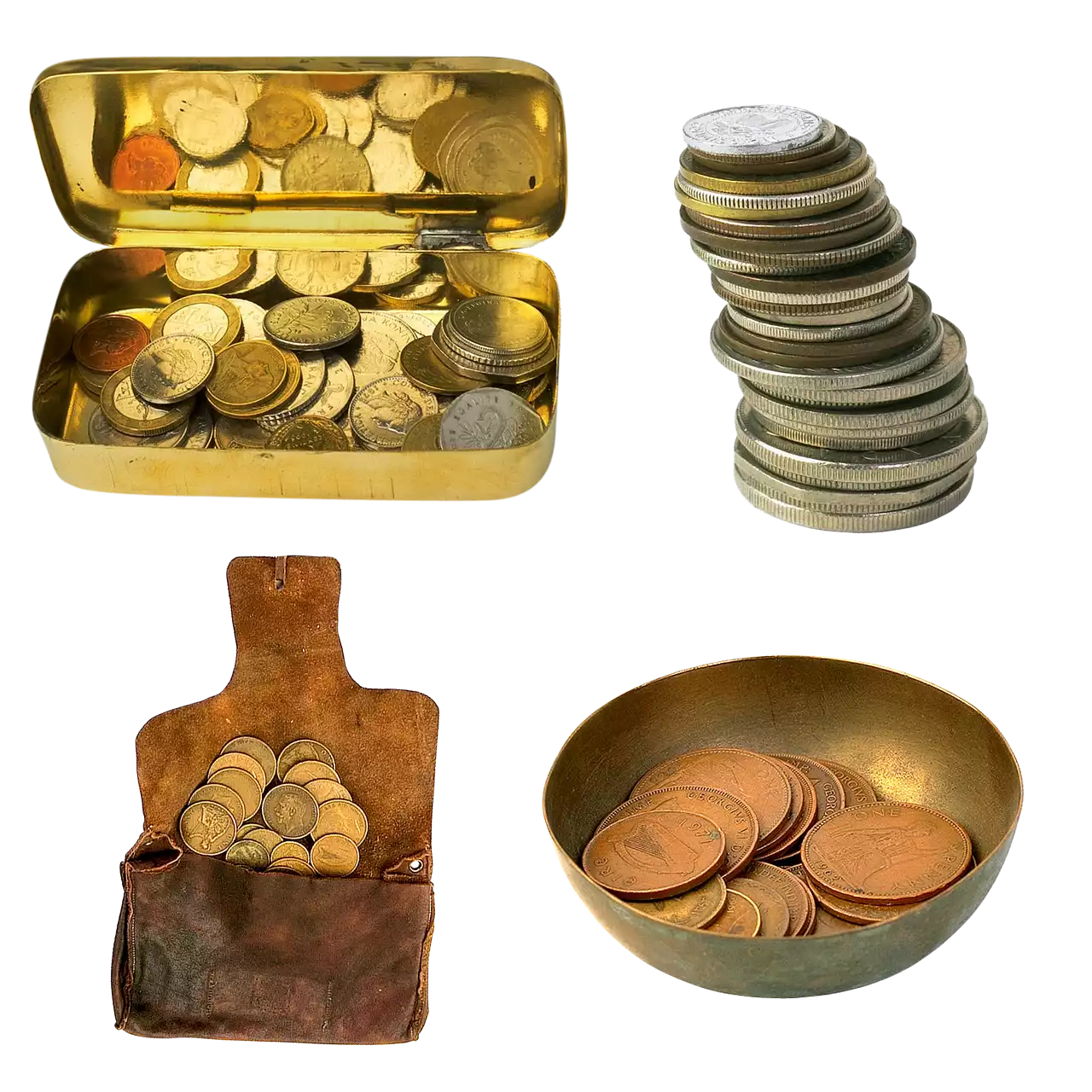Advantages and disadvantages of getting life insurance at different ages
-Advantages: Young adults may qualify for lower premiums on life insurance policies, making it cheaper to get coverage. Premiums may be higher after the age of 35 due to the fact that the risk of death increases as we get older. In general, the older you are, the higher the rate will be. So, if you are in your 20s or 30s and have a lower risk of death, you might be able to get cheaper life insurance rates. If you have dependents, getting life insurance at a young age can help make sure your family is protected and has financial security even if you pass away early in life. Young adults may have fewer assets and debts, which could make it easier to get approved for a death benefit payout from a life insurance policy, compared to someone who is older and has more assets.
-Disadvantages: Young adults may be less likely to qualify for life insurance policies, as they may be at a higher risk of death. If a person has a higher risk of death, they may be required to pay a higher premium, making it more expensive to get coverage. Insurance companies may also have stricter criteria for young adults, due to the fact that they are more likely to pass away early in life. This can make it more difficult to get a death benefit payout.
Different types of life insurance
-Term life insurance: This type of insurance is meant to provide financial security to your family if you pass away. The death benefit payout is usually a lump sum amount, which your beneficiaries can use to pay off any debts or expenses related to your death, or for any other financial needs. Term life insurance policies are generally inexpensive and provide a guaranteed death benefit. The death benefit amount is fixed and will be paid out regardless of how long you have the policy.
-Whole life insurance: This type of insurance can include death benefits, but it is also meant to provide financial protection for your family throughout your lifetime. Whole life policies have a sum-certain death benefit, which means that the death benefit will be a certain amount at the time of your death. This type of policy often has a cash-value element, which means that you can use your policy as savings over time. Whole life insurance usually has a higher initial cost, but can be a good investment over time. By paying a higher premium each year, you can increase the death benefit amount your family would receive.
Cost of life insurance at different ages
The cost of a life insurance policy can vary depending on your age, health, and the type of policy you choose. The average cost of life insurance for people between the ages of 25 and 29 is $43 per month, while the average cost for people between the ages of 30 and 34 is $106 per month. The average cost of coverage for people between the ages of 35 and 39 is $248 per month, and for people between the ages of 40 and 49 is $453 per month. One of the most important factors that can affect the cost of a life insurance policy is your age. It is generally more expensive to get life insurance as you get older. This is because the insurance company is taking on more risk by insuring a person who is older, which means that they will charge you more for the policy. Generally, the older you are when you get a life insurance policy, the more expensive it will be.
Factors to consider when deciding the best age to get life insurance
-Your current financial situation: If you have a large amount of debt, it may be difficult to make a large life insurance payment every month. This may make it more difficult to get coverage and could make the cost of coverage high. If you have a low income, it may be difficult to get a policy because many companies will only accept customers who make a certain amount each year.
-Your current assets: If you have a lot of assets, such as property or stocks, a death benefit payout from a life insurance policy may not be as high as it would be if you didn’t have any assets.
-Your future plans: If you have young children and would like to stay at home and care for them, getting life insurance earlier in life can help make sure they are taken care of if you pass away. If you plan on going back to school or getting a higher degree, getting life insurance early in life can help protect your dependents.
Tips for choosing the best life insurance policy
Find out what type of life insurance best suits your needs: There are different types of life insurance policies available, and you should choose the one that best suits your needs.
-Consider how much coverage you need: The first step is to decide how much coverage you need. This will depend on your current financial situation and the needs of your family.
-Decide if you want whole or term life insurance: Once you know how much coverage you need, you can decide between term life insurance or whole life insurance. Term life insurance is generally less expensive and will only last for a certain period of time, while whole life insurance has a cash-value element and can be used as savings over time.
-Make sure the policy is right for you: It is important to make sure the policy is right for you. Make sure that you understand the policy and the coverage it provides.
Financial advice for getting life insurance
-Make sure you are healthy before applying for coverage: Before applying for coverage, make sure that you are in good health. Getting a medical exam before applying can help you avoid any problems later on.
-Be honest while applying: It is important to be honest while applying for a life insurance policy. Exaggerating information or not revealing important facts could lead to problems later on.
-Get multiple quotes when applying for coverage: You should always get multiple quotes when applying for coverage. This will help you compare rates and make sure you are getting the most affordable coverage.









